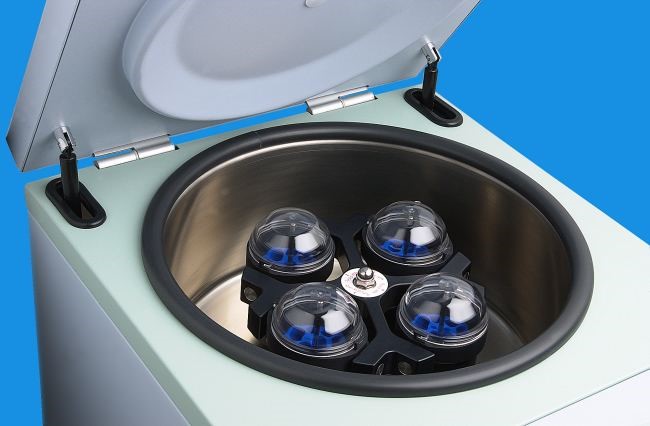A working centrifuge can be integral to your day to day operations. See below for some tips and steps to help avoid issues when possible, to maintain your centrifuge, and keep your valuable equipment working properly. Following these steps can also help to minimize the need for costly repairs.
– Always reference your instruction manual for proper use and maintenance of your centrifuge.
Schedule routine maintenance on your centrifuge to identify issues and to verify it is operating properly. We recommend an annual basis at a minimum. Scheduled maintenance by a trained Technician can allow you to address issues that have already arose to avoid damage to the centrifuge, as well as preventing damage from taking place. The scheduled maintenance will verify the physical condition, electrical condition and fully test the centrifuge to ensure it is operating as the manufacturer intends. If you notice anything unusual, like the centrifuge vibrating or making odd noises, stop the spin and reach out to a service representative for maintenance to avoid further damage.
The rotor on a centrifuge is designed to be ran up to maximum speed with a specific weight in the load. You should never run a rotor at a higher speed than what is specified by the manufacturer. If you are using high density solutions, you need to reduce the run speed to avoid stress on the rotor and should consult your instruction manual for directions. Always make sure loads are balanced before running the centrifuge and ensure that it is on a level surface.
Glass tubes can break while running your centrifuge. This can be caused by improper loading or defects. Before running the centrifuge again, you need to remove all glass fragments and you should clean the centrifuge as soon as possible. This includes any gray dust you may see.
– Always unplug the centrifuge prior to cleaning.
You should clean your centrifuge daily or weekly, or at the very least monthly basis. Refer to your instruction manual for cleaning recommendations, as they will often advise of the proper cleaning materials and cleaner to use. Some cleaners, like bleach, can discolor or damage stainless steel and others can damage plastics.

